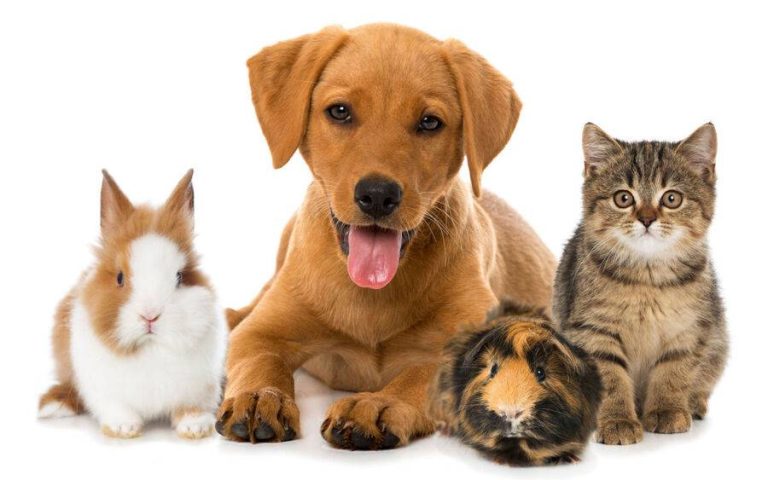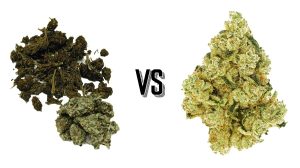The fame of Ayurvedic medication has been on the...
The Internet of Things, or IoT, is a network...
The bond between humans and animals is as old...
The evolution of legal systems is a testament to...










